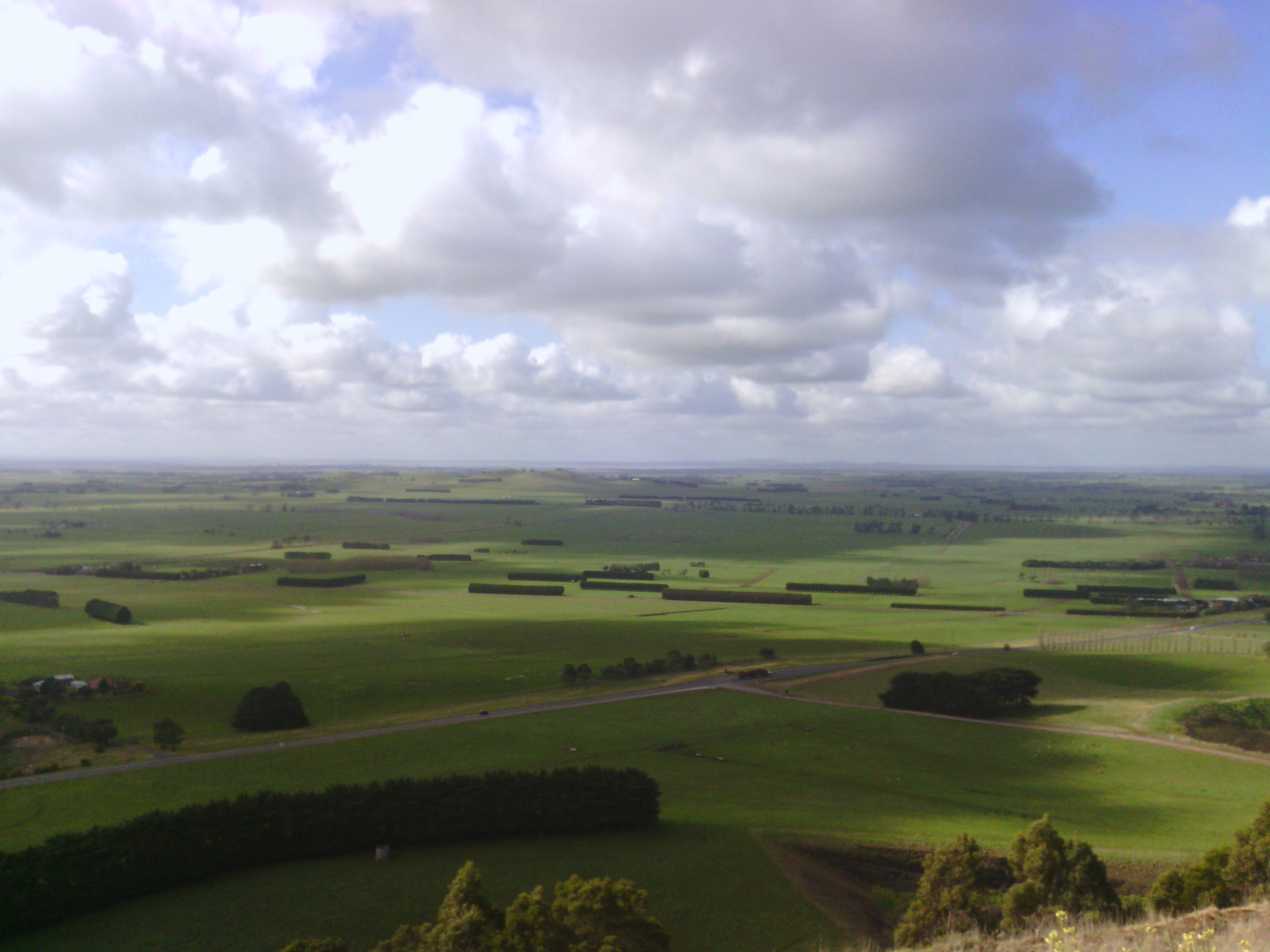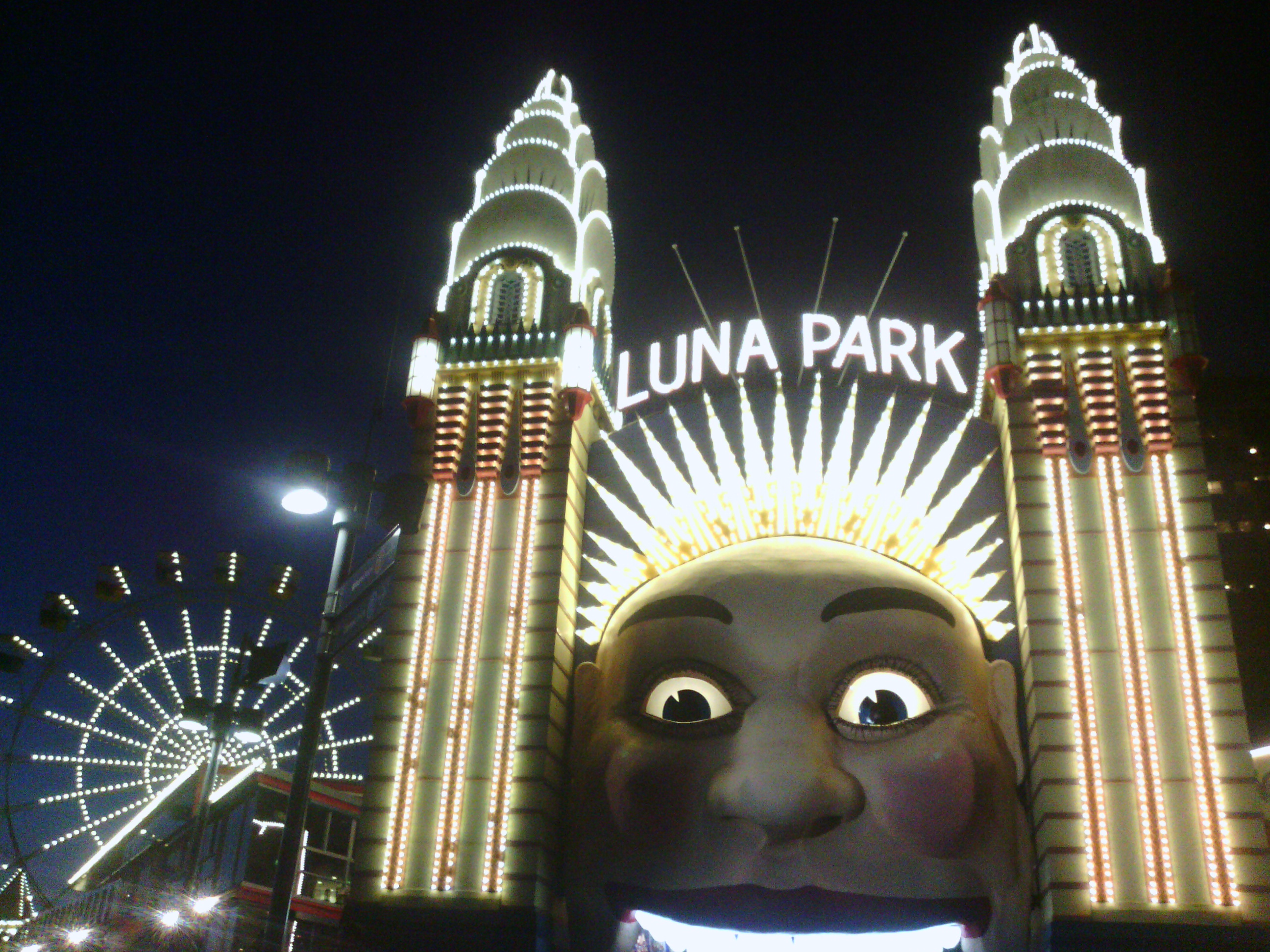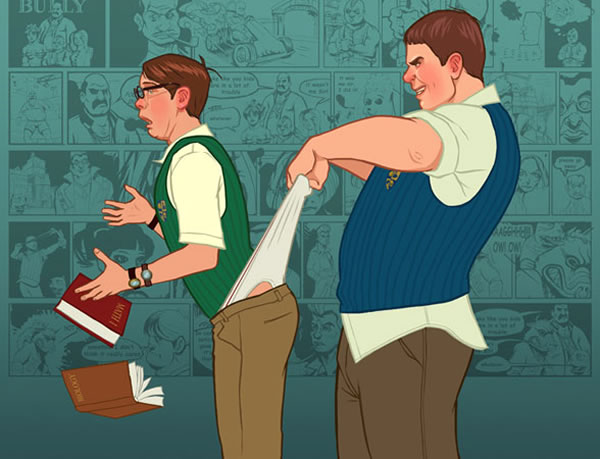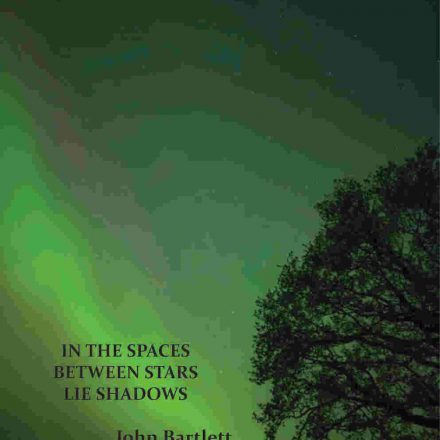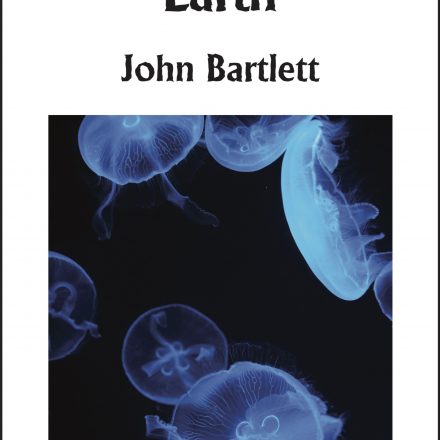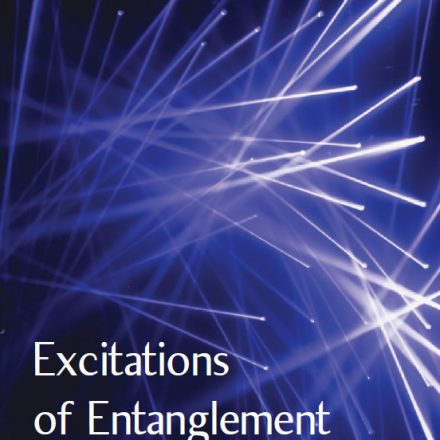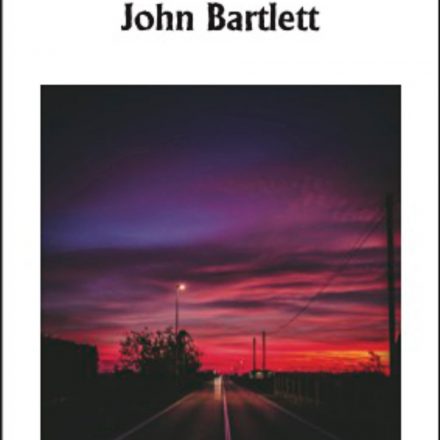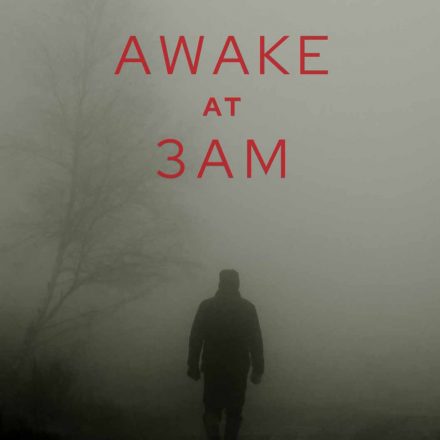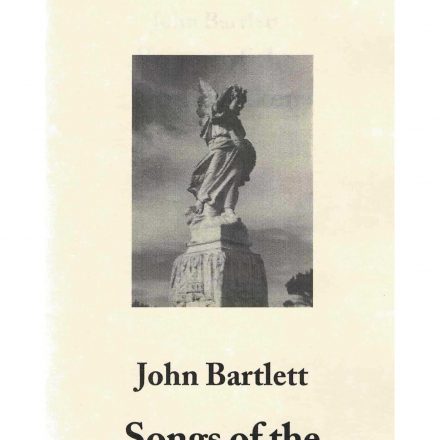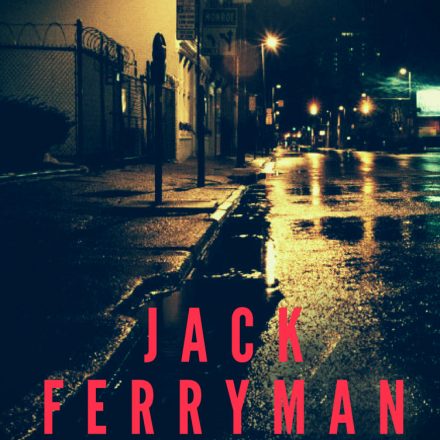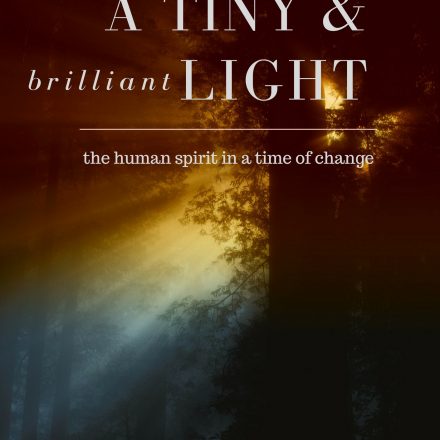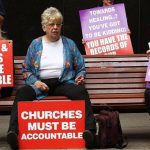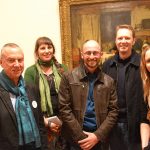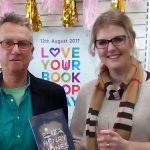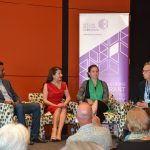When I was a secondary school student in Adelaide I discovered the novels of Thomas Hardy. I was infatuated instantly and wore a path from my home to the Burnside library (walking distance) borrowing his novels one by one until I had devoured them all.
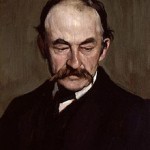
My adolescent longings made me love his willful characters and his sensuous portrayal of nature, dark and full of desire. These longings resurfaced in old age with the most recent film adaptation of Far from the Madding Crowd. The characters which Hardy expressed on the page were reignited with impressive performances particularly by Carey Mulligan as Bathsheba and Matthias Schoenaerts as Gabriel Oak with as much UST (unresolved sexual tension) as was possible without burning up the screen.
Danish Charlotte Bruus Christensen’s gorgeous cinematography evokes the novel’s voluptuous immersion in nature that was so crucial to Hardy’s novels. Hardy longed for an unspoiled pre-industrialised Britain with strong regional mythology and vibrant communities – lots of dancing round the Maypole! The rolling hills and deep, dark forests of Dorset seem full of desire and longing just like the characters. There are powerful images too which remain in this viewer’s consciousness – as Gabriel’s flock of sheep plunge horrifically off a cliff onto the beach below, pursued by his errant dog, George, and Gabriel’s fortunes are dashed too. For Hardy life often turned in an instant on these moments of ‘fate’.
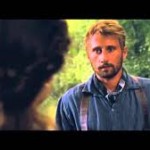
The Danish influence on this film is complete with prize-winning director Thomas Vinterberg firmly in control. Vinterberg was a co-founder of the brief but influential Danish movement called Dogme 95, which urged that films be made with more humility and less Hollywood artificiality. His best-known film was the controversial 2014 film, The Hunt.
Bathsheba, pursued by no less than three suitors must have been a radical character for Victorian England and an apt heroine for our own times. It was not until 1949 that Simone de Beauvoir wrote The Second Sex, a seminal tract of contemporary feminism, so readers of Victorian times, almost a hundred years earlier, must have been shocked by the character of Bathsheba, ,when then a woman’s future was mostly determined by making a good marriage with a man of some means.
However, by fortune (or ‘fate’ again) Bathsheba inherits her uncle’s farm and becomes determinedly independent, enough to drolly respond after one proposal of marriage: ‘But I have a farm and a piano, why would I want a husband?’
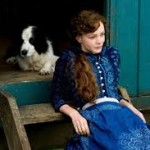
But this film is no diatribe on feminism. At heart it’s a love story and Bathsheba, despite her independence, is a human being full of longing and need and is (spoiler alert!) cruelly deceived in love. It is a film however that does pose questions about how far feminism has travelled since these early stirrings in Hardy’s novels.
It was alarming to read only today that a report ‘Barriers to Achieving Gender Equity’ from the ANZ found that full-time working women will earn on average $700,000 less throughout their lifetime than men and are more likely to retire in poverty. The ANZ looked at the financial experiences of women from birth to grave, finding those working full time earn $15,000 a year less than men. How can this till be possible in 2015?
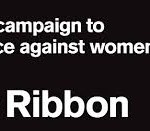
Then of course we need only turn our attention to the alarming issue of violence against women to ask whether women are indeed equal citizens. This Friday July 31st is White Ribbon Night, launching a major campaign to raise awareness and much needed funds to support the work to end men’s violence against women. According to the campaign, ‘Over 12 months, on average, one woman is killed every week in Australia as a result of intimate partner violence. Alarmingly, this figure is rising. A woman is most likely to be killed by her current or former male partner in her own home.’
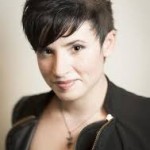
What we need are more outspoken women and I was heartened recently to come across the writings of a 2015 version of Bathsheba in writer and activist Laurie Penny who will also be part of the 2015 Melbourne Writers’ Festival. At 23 she was the youngest person to be shortlisted for the Orwell Prize for Political Writing for her blog Penny Red which, like her first feminist book, Meat Market: Female Flesh Under Capitalism (2011), was a word-of-mouth hit. She has worked with activists from the Occupy movement and the European youth uprisings.
Her most recent book, Unspeakbale Things may be a new cry for feminist understandings. One review of it says: ‘Penny speaks for a new feminism that takes no prisoners, a feminism that is about justice and equality, but also about freedom for all. It’s about the freedom to be who we are, to love whom we choose, to invent new gender roles, and to speak out fiercely against those who would deny us those rights. It is a book that gives the silenced a voice – a voice that speaks of unspeakable things. ‘I’m looking forward to hearing her say more in Melbourne. Perhaps Bathsheba was being prescient of Penny when she said:
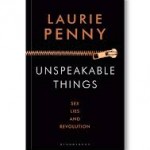
‘The trouble with women expressing their feelings is that mostly all they have is the language men have created.’


